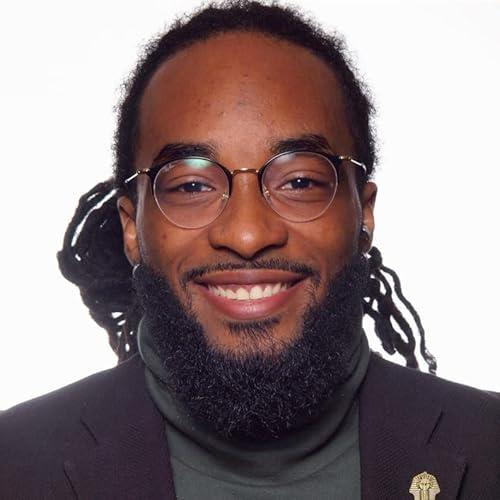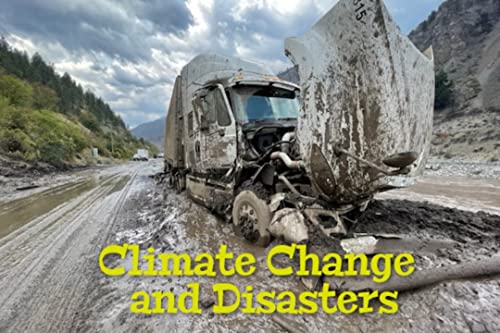To change the world first requires us to understand the nature of society, to look seriously at the way that it is structured. Racism, white supremacy, is the most important feature of this global system and Black and Brown people suffer the most worldwide. The reality of it all is that capitalism continues its ruthless quest to dominate, accumulate, spread across the world and strip resources. This is also the source of today's environmental crisis. If the West keeps carrying on in this way, this would literally mean the end of the entire world. This is the most urgent issue for all of us. Something drastically needs to change. Can we get the buy-in necessary for everybody to make real change?
Listen to Dr. Kehinde Andrews as he spells out how racism and colonialism are still ruling the world in Empire 2.0, from his latest book, The New Age of Empire: How Racism and Colonialism Still Rule the World!
(Adapted from "Did Colonialism Ever End? | Footnotes with Kehinde Andrews," https://youtu.be/nqcO3X2y5YY).
Direct download: https://traffic.libsyn.com/secure/multi-hazards/Empire_2.0_-_How_Racism__Colonialism_Still_Rule_the_World_with_Dr._Kehinde_Andrews.mp3
Best-looking link: https://directory.libsyn.com/episode/index/id/20370041
Study Guide here, click where it says "PDF" on the middle left: https://multi-hazards.libsyn.com/empire-20-how-racism-colonialism-still-rule-the-world-with-dr-kehinde-andrews
Topics included:
* What is the true definition of racism?
* What is white supremacy?
* Why are goods so cheap in the West?
* What's the real reason African countries are poor?
* How are African countries the lowest on many charts of life quality and longevity?
* Why should the draining of African resources be discussed in racial terms?
* Why did Trump get it wrong about manufacturing jobs?
* How did the West use genocide, slavery & colonialism to become #1?
* Why are human rights just talk without economic inequality?
* How do the UN, IMF & World Bank maintain the global system of white supremacy?
* How has the USA become the centre of this post-WWII global empire?
* How is what we call "globalisation" really just "empire"?
* What can the African Diaspora and the rest of us do?
* Capitalism is going to destroy the world. What can we do?
Dr. Kehinde Andrews' Bio:
Kehinde Andrews is Professor of Black Studies at Birmingham City University, where he founded, and is currently director of, the Centre for Critical Social Research. At BCU he was also one of the team who founded the first undergraduate degree in Black Studies. Andrews regularly writes for the Guardian, the Independent, Ebony Magazine, and CNN. He has been featured on Good Morning Britain, Newsnight, Channel 4 News, BBC News Channel, and Under the Skin with Russell Brand. Andrews’s first book, Resisting Racism: Race, Inequality and the Black Supplementary School Movement, was published in 2013 and he co-edited the first collection of British Black Studies, Blackness in Britain, in 2016. He wrote Back to Black: Retelling Black Radicalism for the 21st Century published by Zed books in 2018. And in this podcast episode we discuss his latest book, The New Age of Empire: How Racism and Colonialism Still Rule the World, published in 2021 by Bold Type Books. He lives in Birmingham, United Kingdom.
Source: https://www.boldtypebooks.com/contributor/kehinde-andrews/
Intro: "Ten Inch Spikes" by Jeremy Korpas on Youtube Audio Library
Outro: "Circle Dance" by Sefchol on Youtube Audio Library
Main Episode Photo by Cameron Venti on Unsplash
 38 mins
38 mins 37 mins
37 mins 1 hr and 1 min
1 hr and 1 min Dec 28 202138 mins
Dec 28 202138 mins 43 mins
43 mins Oct 9 20211 hr and 7 mins
Oct 9 20211 hr and 7 mins 1 hr and 7 mins
1 hr and 7 mins 1 hr and 3 mins
1 hr and 3 mins